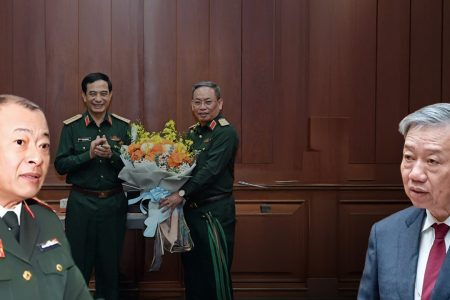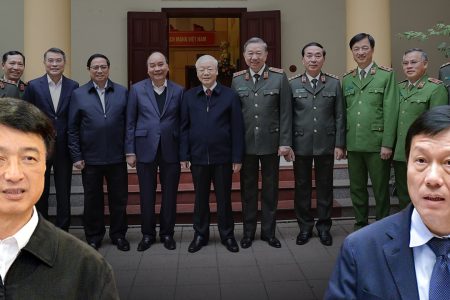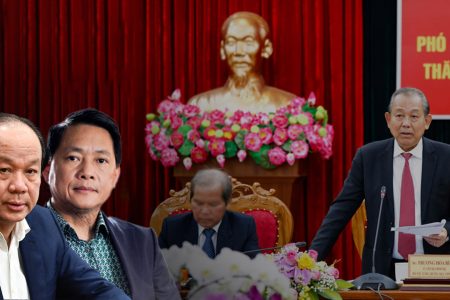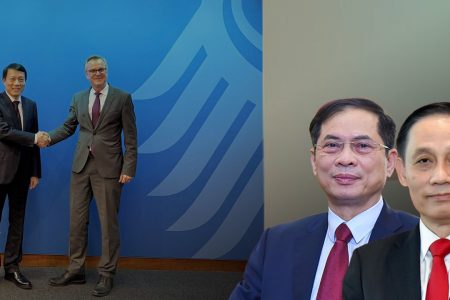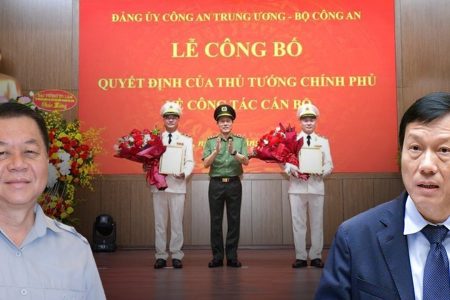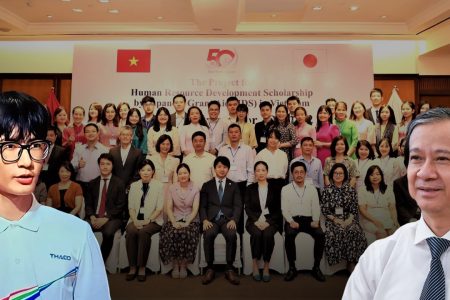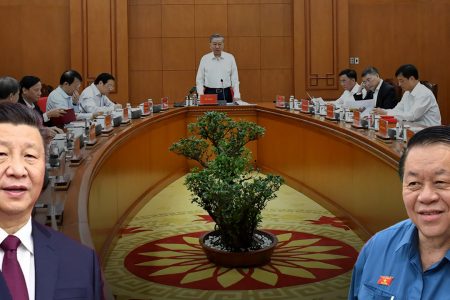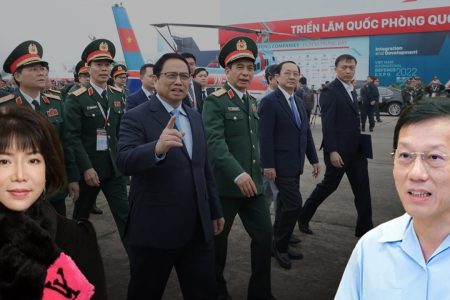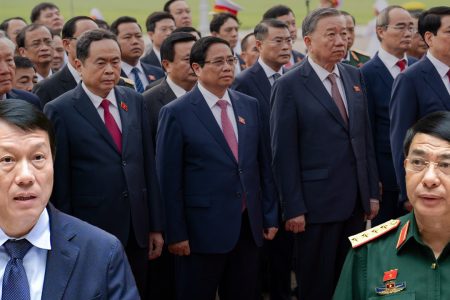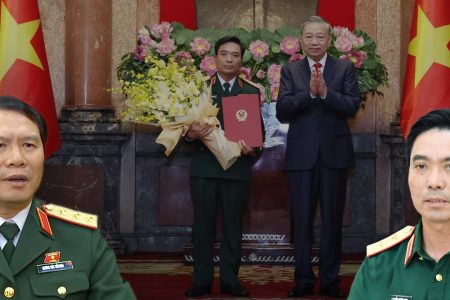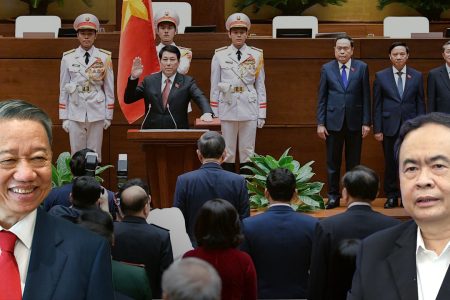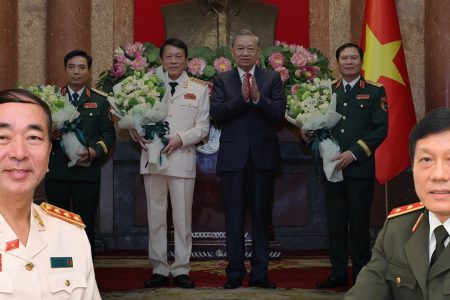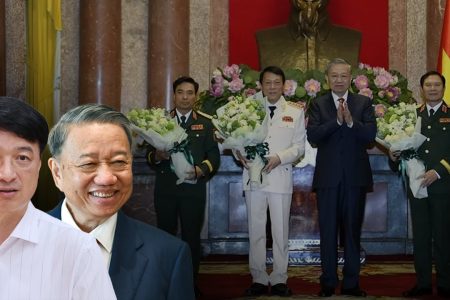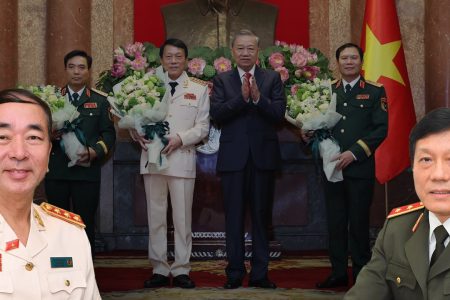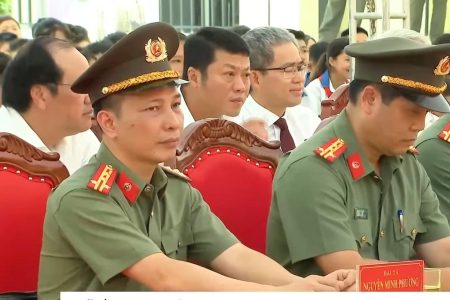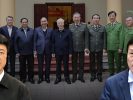
The upheavals in Vietnamese politics, especially after General Secretary Nguyen Phu Trong’s visit to Beijing and the recent dismissing Permanent Deputy Prime Minister Pham Binh Minh, made observers question: Is the Vietnam-US relationship affected by these events? And how the bilateral relationship between Vietnam and the US will develop in the coming time?
The Vietnamese communist government always considers the US market as a place to extract dollars, but still considers the US as an enemy, even though the two countries have normalized their relations for 27 years, and become a “comprehensive partner” for 10 years. But with China, also a former enemy, the Vietnamese government considers it “both a comrade and a brother” as a “golden friend.”
However, people are the opposite. Although there is no survey, it would not be an exaggeration to say that at least over 90% of Vietnamese people hate China and have sympathy for the US. The image of China in the Vietnamese people’s impression is aggression in the East Sea (South China Sea), toxic chemicals, fraud, coercion, human trafficking… The story of people resolutely opposing Chinese vaccines is a prime example pattern of Vietnamese people’s degree of distrust in Chinese-origin products.
The image of the US is associated with high-quality, reliable products and an educational environment that every Vietnamese dreams of bringing their children there.
Diplomatic relations between Vietnam and China have experienced ups and downs, once cold and warm. Coldness or warmth is of course influenced by the leader’s point of view.
During the period 1978-1979, the Party leader at that time, Mr. Le Duan, was a staunch anti-China, so the Northern Border War broke out in 1979. During this period, Vietnam and China considered each other as sworn enemies. But in 1990, facing the danger of losing the Party due to the wave of collapse of the Socialist Eastern European bloc, the lowly Nguyen Van Linh turned to embrace China’s legs, pulling Vietnam back to a period that Mr. Nguyen Co Thach called the “new dangerous Northern domination.” What happened over the past three decades has proven what Mr. Thach said.
The current leader of the Communist Party of Vietnam, Mr. Nguyen Phu Trong is a pro-China. Everyone knows this one. However, since Trong’s visit at the end of October 2022, Vietnam’s dependence on China has deepened. With 13 documents signed during this visit, now, Vietnam will not be allowed to “say” or “do” anything that offends the giant northern neighbor.
After this visit, Mr. Trong immediately removed Mr. Pham Binh Minh – the son of Mr. Nguyen Co Thach – who had anti-Chinese and pro-Western ideas from a very early age. Many political observers believe that holding Minh responsible for the “rescuing flight” is just an excuse to depose him, even though Minh does not dare to express his anti-China ideology as clearly as his father did.
Observers of this view believe that there are three reasons for the Party to remove Mr. Pham Binh Minh. They are: 1. The struggle within the Communist Party has come to a drastic end, removing Mr. Minh to bring in people from the stronger faction in the Party; 2. Mr. Minh is a man trained from the West, more or less he also carries Western views and ideas, and this is a thorn in the eyes of a conservative pro-China leader like Mr. Trong; 3. Pressure from China makes the removal process expedited.
The question is, will the removal of Mr. Pham Binh Minh by the Party affect Vietnam-US relations? Probably yes, but not too big of an effect.
Vietnam needs the US to develop its economy and is afraid of the reaction of its people, so it will not give up this relationship. But Vietnam is afraid of offending China and is afraid of having to explain its human rights record, so it will not take further steps to make bilateral relations closer. Although the US is upset about Vietnam’s two-faced attitude, but because of Vietnam’s strategic position in the East Sea and its important role in the US-China competition, it will not give up on Vietnam.
Perhaps, the Vietnam-US relationship still remains at the current level of “comprehensive partnership.”
Thoibao.de (Translated)



